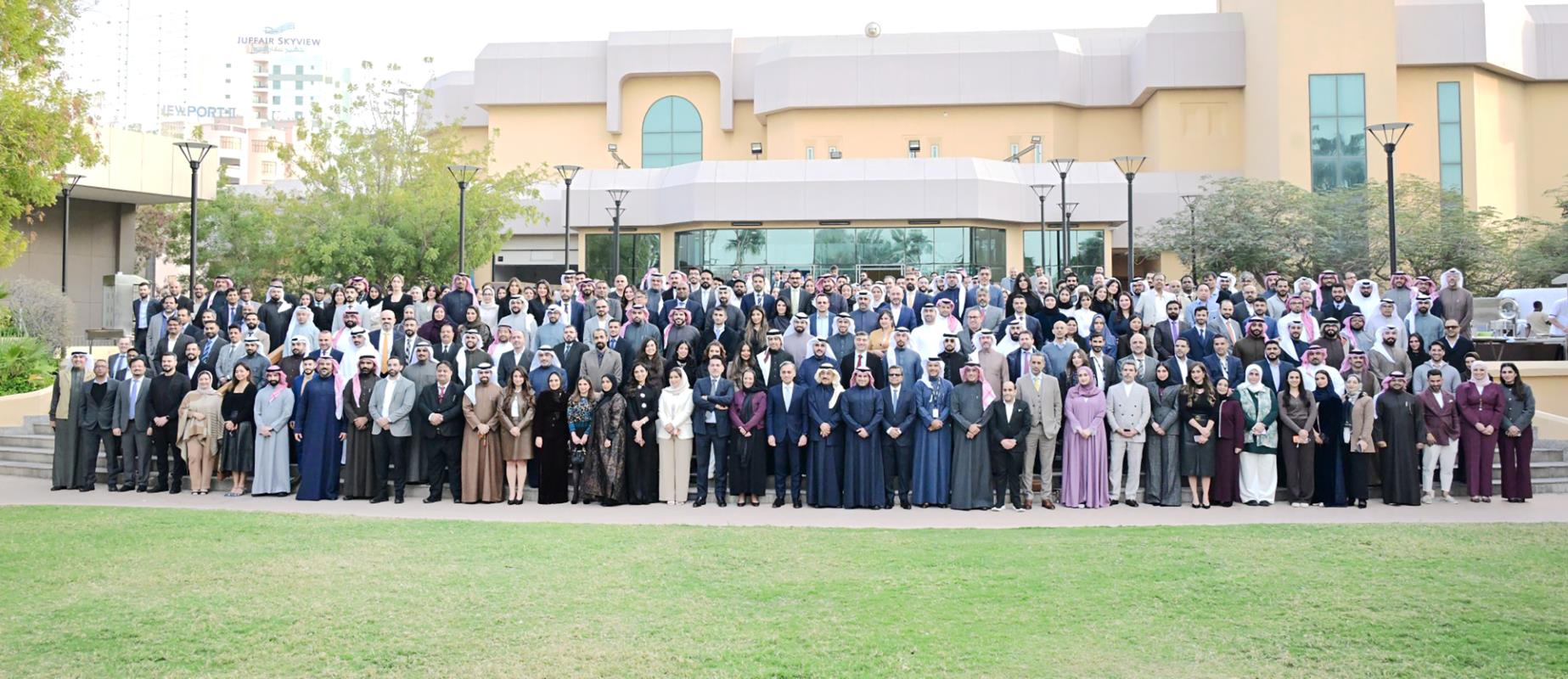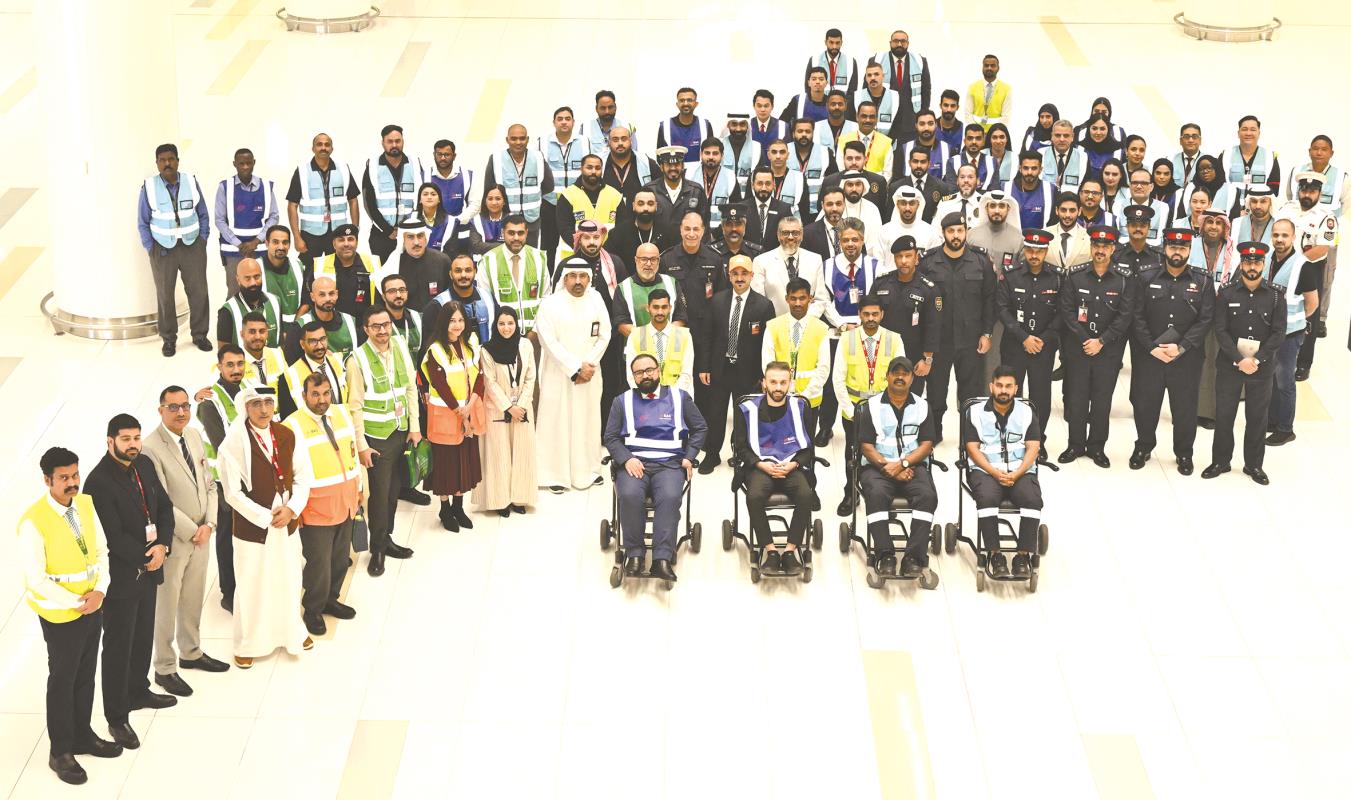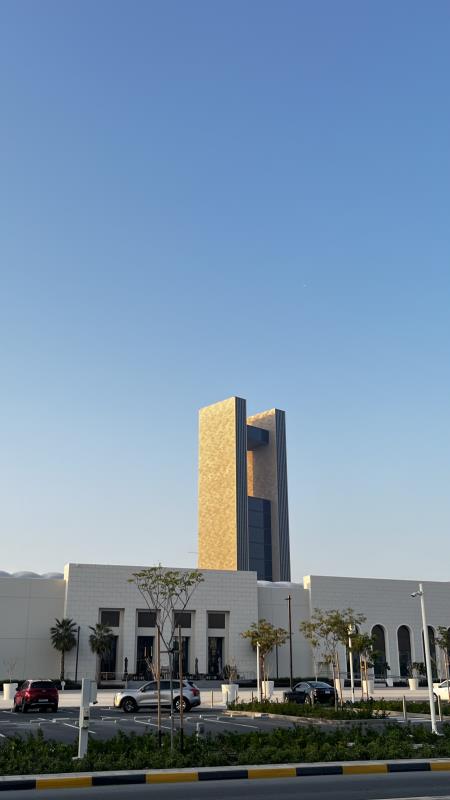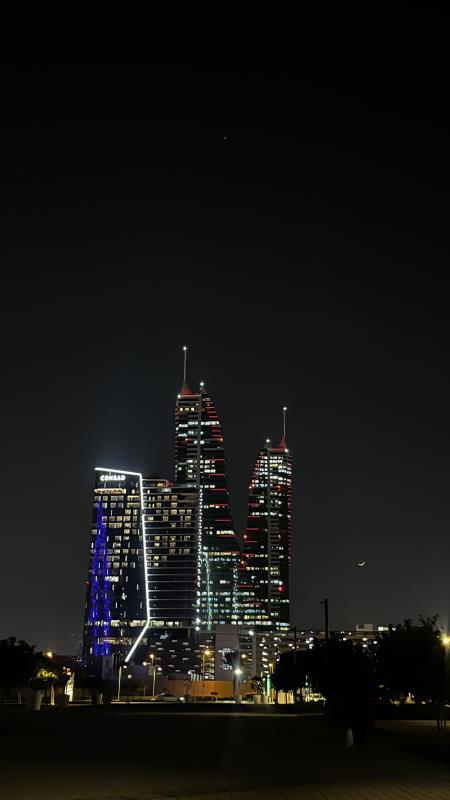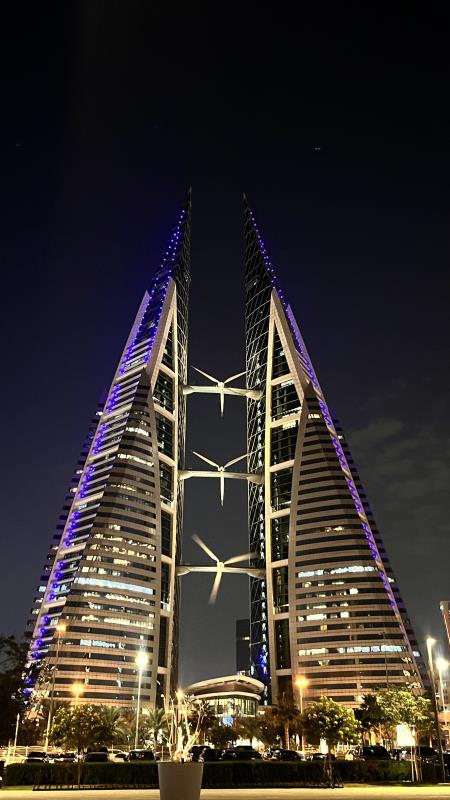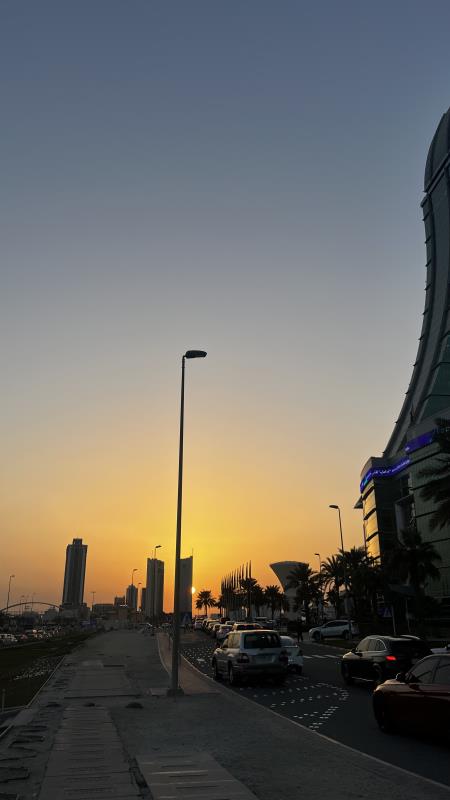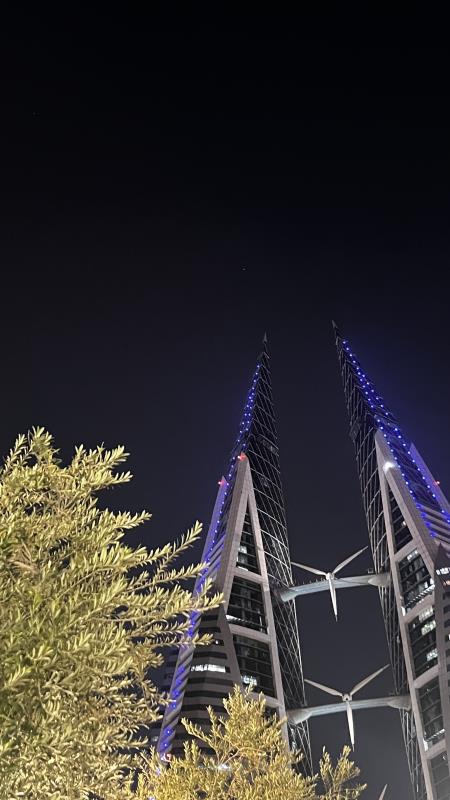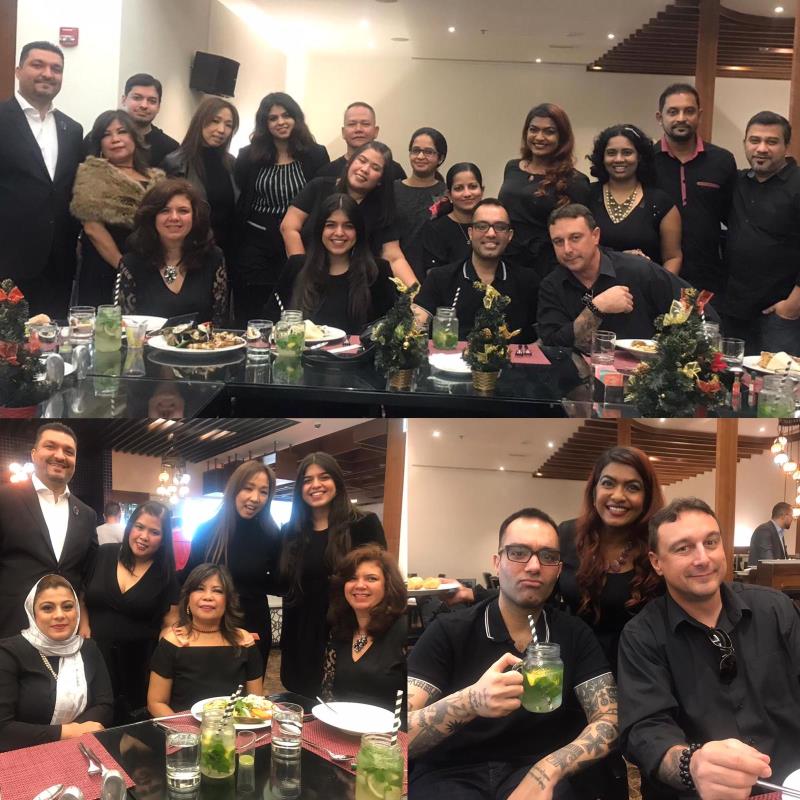The future of the Food & Beverage industry post-pandemic
Outdoor dining commenced on the 3rd of September as a part of the Ministry of Health’s planned phased opening for establishments across the kingdom. The planned phased re-opening of establishments is based on the recommendations made by the National Medical Taskforce to Combat COVID-19.
The re-opening will allow food and beverage establishments to strengthen their businesses and attempt to make up for the losses incurred as a result of COVID-19. An article by Zawya states that 56 per cent of businesses are expecting a time frame of six to 12 months to return to their pre-COVID-19 state.
However, as F&B establishments prepare to re-open and embrace the ‘new normal’, it’s worth considering what this new normal looks like and how it will impact customers dining experiences.
Commenting on the new normal, Cordon Bleu chef, Hessa Al-Khalifa (@curiouslyhungry) stated: “Restaurants will not be packed even when they open, they will be running at half capacity. It’s not going to be a buzzing atmosphere and people are going to be scared about brushing up against someone or not touching things unnecessarily,”
“It’s definitely not going to be as comfortable as before and our dining experiences will be different. Even with reservations, you might still be turned away because we can’t just walk into restaurants the way we did pre-COVID,”
“You’re never going to look around and see that a restaurant is full. It’s going to be very difficult to manage all the restrictions and a lot of restaurants have already closed down.”
A flash survey of 160 retailers and F&B operators conducted by CBRE in June 2020 identified loss of sales as a key concern. Establishments were also concerned about meeting financial obligations and many have permanently closed since the restrictions were enforced in March.
One of the affected establishments was Saffron by Jena, the kingdoms national treasure and a top tourist attraction, who, permanently shut their doors in July after eight years.
Saffron by Jena owner Narise Nabeel spoke about her journey and the loss of the Saffron experience stating;
“COVID-19 left me with no choice but to close Saffron but, I’m not sad. I created something beautiful that became a part of people’s experiences when they visited Bahrain. I didn’t think something like this would happen to this magnitude,”
“If I have added to someone’s experience, if I indulged someone and they enjoyed the food and the place, all the elements we worked hard on, then I feel accomplished. Even if Saffron doesn’t exist anymore. If things work out in the future, the brand and the know-how is there, we can always restart,”
“However, with the current situation, it is not sustainable to have a business with a huge operation of 45 staff members, four branches, all the expenses that go under that, with no promise on the horizon of things looking up. Even with the re-opening of establishments and the safety measures in place, I would not have been able to sustain the operation of Saffron.”
Renowned restaurants are attempting to welcome customers safely and strategizing on how to regain revenue. Some measures that have been implemented are; allowing customers to book one table at a time, having a minimum charge and introducing innovative health and safety measures such as the aesthetic PLEX’EAT in the Ritz-Carlton Gourmet Lounge.
Such measures arguably, give restaurants an edge, make them stand out and attract customers with the promise of safety especially for those who are still wary about whether they should dine out. However, despite this, the question remains: where do we draw the line when in terms of contact, whether it’s with the server or the person next to you? How do you know when to take off the mask?
Since the closure of establishments in March, the F&B industry has adapted and as a result, Bahrain has seen a rise in niche food producers and excelling trends such as the Al’Aali Mall Drive Through Festival, The Trio: Bushido, Gallery 21 and Trader Vic’s Drive-In and Dine, Blaze Burger BBQ meal kits, etc. With the re-opening of restaurants and coffee shops, are the food trucks and trends here to stay?
Bahrain Foodie (@bahrainfoodie), a local restaurant consultant and food critic commented on the food trucks stating;
“They are definitely here to stay. During the pandemic, we adapted to the situation and lots of money was invested in them. The industry of food trucks is now flourishing. Moreover, food trucks have an extremely loyal customer base now,”
“It’s a personalised experience. Families love them because they can take their kids out without spending an arm and a leg. Teenagers with limited allowance also frequent food trucks with their friends,”
“Ultimately, people who wouldn’t usually visit their restaurant in person have started going to their food trucks and they have gained a new base of customers. They will continue to be a part of the new normal and perhaps in the future, they will not be scattered on the side of the road but rather have dedicated areas.”
While food trucks are flourishing, smaller local restaurants are struggling and attempting to shift their focus to delivery. Majority of their current revenue is heavily reliant on delivery through services such as Talabat, Hungerstation or Carriage. Additional concerns are meeting financial obligations such as paying rent and not being able to pay their staff.
More established restaurants and chains already have a pandemic plan in place. However, small restaurants are more focused on assessing the number of resources they are using every week and how to conserve them, without incurring any unnecessary expenses. Incorporating additional safety measures such as plexiglass dividers in smaller restaurants, whilst potentially necessary, puts a financial strain on already suffering businesses.
Despite Tamkeen’s monthly assistance, most small restaurants are unable to meet their targets or increase their revenue. Many have had to let go of staff due to being unable to pay them.
Diamond Fish, located in Al Raya Mall in Juffair, is one such restaurant that is struggling because of the pandemic. Despite struggling himself, the owner, Osama Sameer extended 220 graceful meals to poor and struggling people during the holy month of Ramadan.
Mr. Sameer distributed seafood supplies daily to elderly peoples’ houses regardless of their religion, ethnicity and nationality.
“If you only think about your business, you will never be successful,” he said.
“We are all human and others are struggling more than me, it is my duty to help them.”
Majority of Diamond Fish’ clients were from Saudi Arabia and Kuwait and since the closure of the border, they have seen a drastic drop in orders.
“I receive money every month from Tamkeen but that is not enough. I cannot afford to pay the rent for my restaurant and the salary of my staff as well. It is very difficult especially when we hardly receive any orders. Fortunately, Al Raya Mall have been kind and understanding about our delayed payments,”
“Now that we are finally going to re-open, I hope sales will improve. We will be strictly following the governments’ regulations so that our customers and staff can safely enjoy their meals.”
With the re-opening of F&B establishments, our dining experiences are headed towards a ‘new normal’. The return to normalcy and comfort of dining outside will not be immediate, for restaurants and customers alike. However, despite the initial discomfort and new measures, it is clear that there is anticipation and hope for the return to pre-COVID normalcy.




































